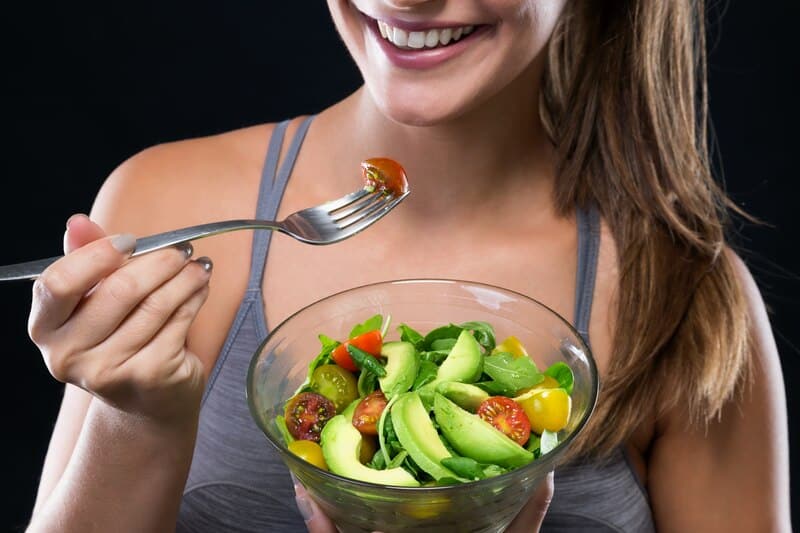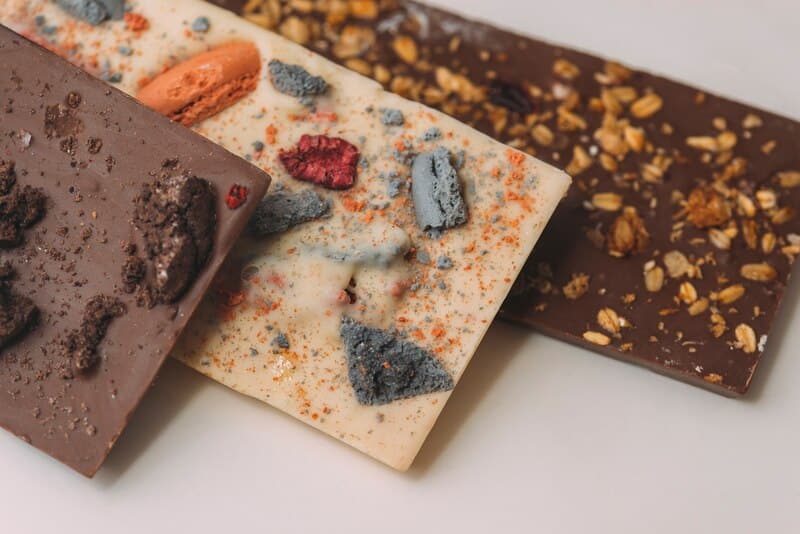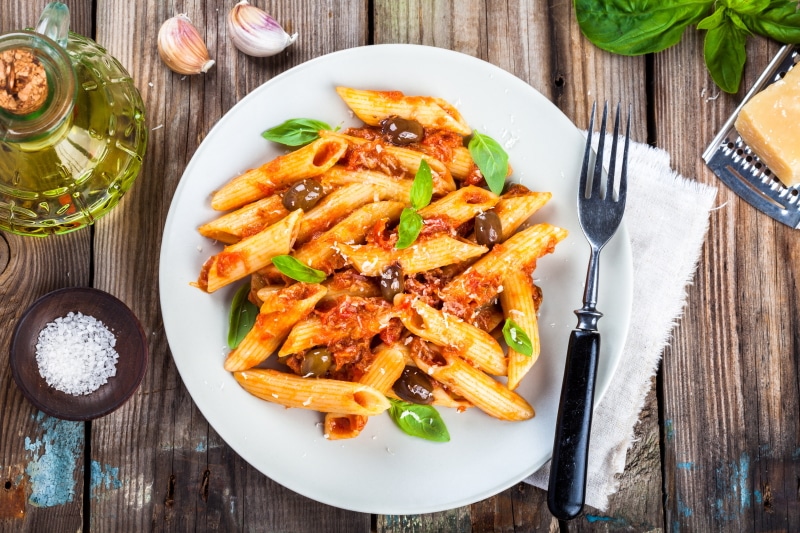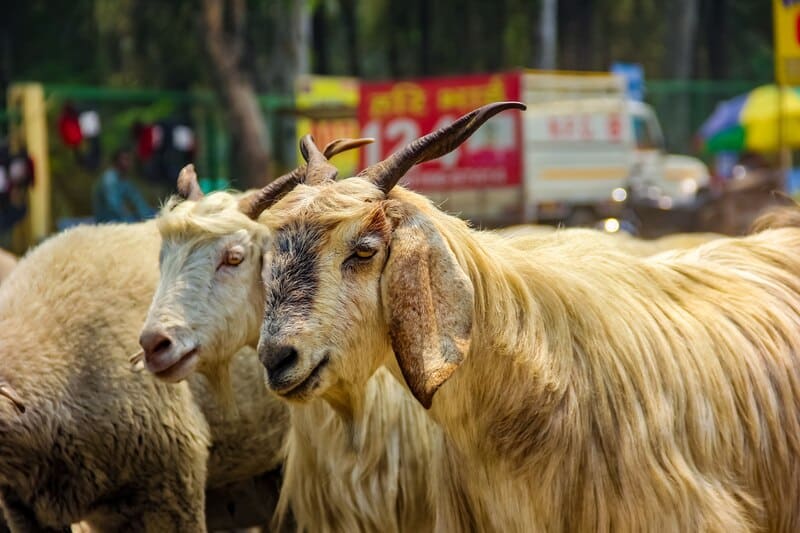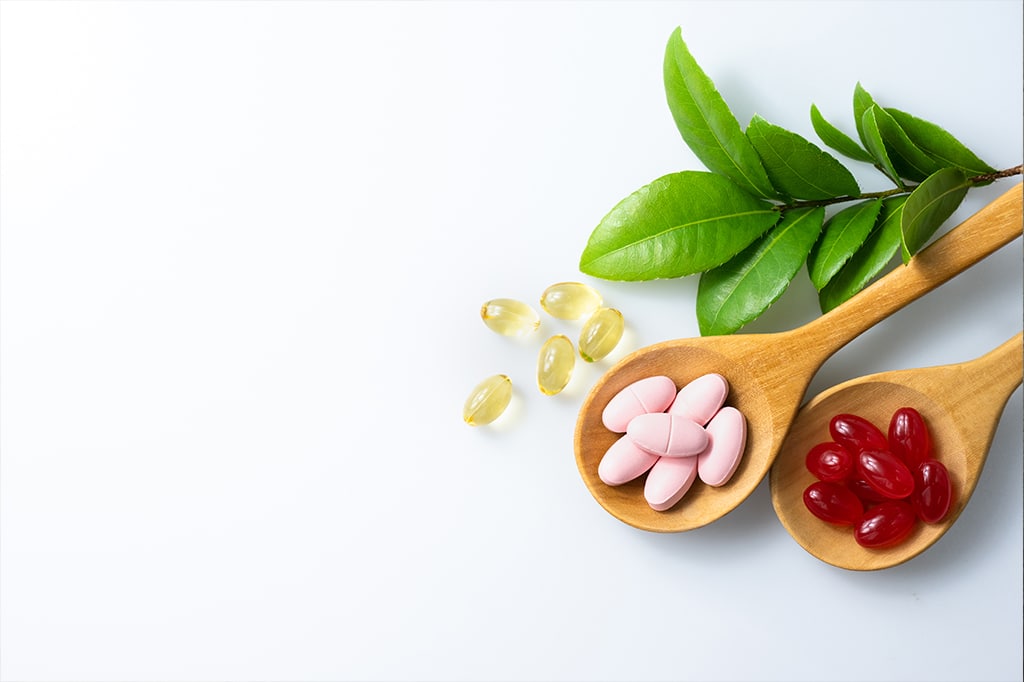According to the findings of a recent study that appeared in the Journal of Nutrition, vegan protein is just as beneficial to the process of developing muscle as animal protein is.
According to a study that was published in the Journal of Nutrition, consuming protein that comes from plants helps boost muscle growth during resistance exercise just as much as an omnivorous diet does. Researchers from the University of Exeter in the United Kingdom and the University of Texas Medical Branch carried out a study with the intention of determining whether or not a vegan diet can support resistance training to the same extent as an omnivore one. In the first phase of the research, sixteen young individuals, both male and female, in good health, followed a diet for three days that consisted of either omnivorous or entirely plant-based sources of protein, and they also participated in daily unilateral leg resistance training.

During phase two, twenty-two young people in good health performed a high-volume (five days per week), progressive resistance training program that lasted for ten weeks. During this time, they also ate a high-protein diet that either included both plants and animals or came from sources other than animals. Before, during, and after the phases, measurements were taken of the participants’ muscle mass, and the results showed that both groups had identical outcomes. When compared to young adults who consumed an omnivore diet while training, those who consumed a plant-based diet exhibited no significant differences in muscle volume, muscle strength, or muscle fiber size. This was the case even when a plant-based diet was followed during the training period. The findings of the study led the researchers to the conclusion that young adults who consume a diet high in protein, regardless of whether the protein comes from a vegan or animal-based source, have equivalent responses in the process of developing muscle when they exercise.

According to the findings of the study, “the extent to which the strength of different muscle groups was raised in both groups was equivalent.” Hence, a vegan diet that is high in protein is just as beneficial as a diet that contains animal products for achieving optimal skeletal muscle development during periods of heavy training.
This study adds to the growing body of research that shows how protein from plants can help muscles grow. According to the findings of another study that was released in the last year, men who take sufficient quantities of plant-based protein along with soy-based supplements are able to gain as much muscle mass as men who consume animal products and whey protein powder. This study, which was published in the peer-reviewed scientific journal Sports Medicine, looked at the effects of dietary protein sources (a diet made up only of plant-based foods vs. a diet made up of foods from all food groups) on changes in muscle mass and strength in young, healthy men who strength train.38 men took part in a weight-training program that was supervised and lasted three months. Each week, there were two training sessions.
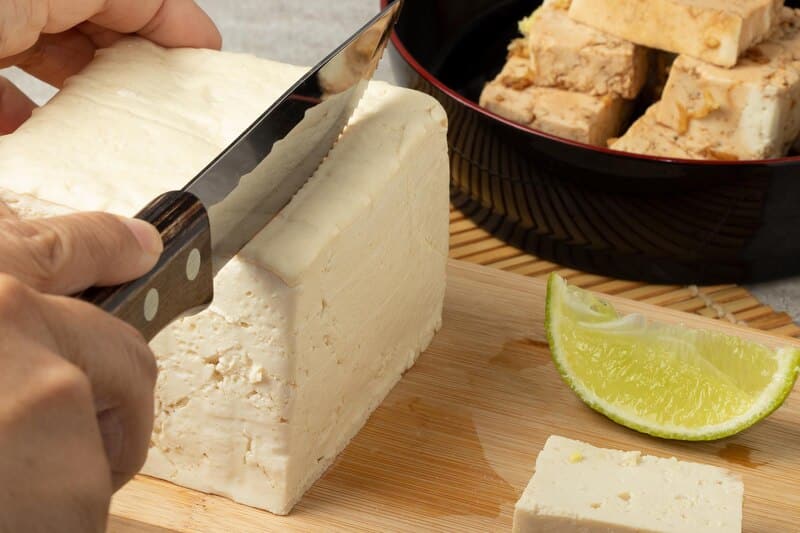
According to the findings of the study, an omnivorous diet consisting of a variety of whole foods and supplementing with whey protein is just as effective in promoting muscle growth and strength as a plant-based diet consisting only of whole foods and supplementing with soy protein.The researchers came to the conclusion that a high-protein, plant-based diet (plant-based whole foods plus soy protein isolate supplementation) is not much different from a protein-matched mixed diet (mixed whole foods plus whey protein supplementation) when it comes to supporting muscle strength and mass gain.This suggests that the protein source does not affect resistance training-induced adaptations in untrained young men who consume adequate amounts of protein.
Is it true that whey protein is the most effective for muscular conditioning?In a more recent study, researchers compared fava bean peptides to those found in milk protein. They discovered that fava bean peptides were superior to those found in milk protein when it came to muscle conditioning. This study aimed to compare the effectiveness of plant-based peptides from fava beans and milk protein supplementation on the loss of muscle mass and strength during exercise and recovery. Previous studies focused on the potential of animal-derived peptides from sources such as creatine, whey, and collagen. This study aimed to compare the effectiveness of plant-based peptides from fava beans to milk protein supplementation.
According to the results of a study that was just published in the peer-reviewed scientific journal The Journal of Nutrition, there was no clear difference between the effects of supplementing with protein from fava beans or milk on either the decrease in muscle size and strength during a period of temporary immobilization or the increase in muscle size and strength after remobilization.
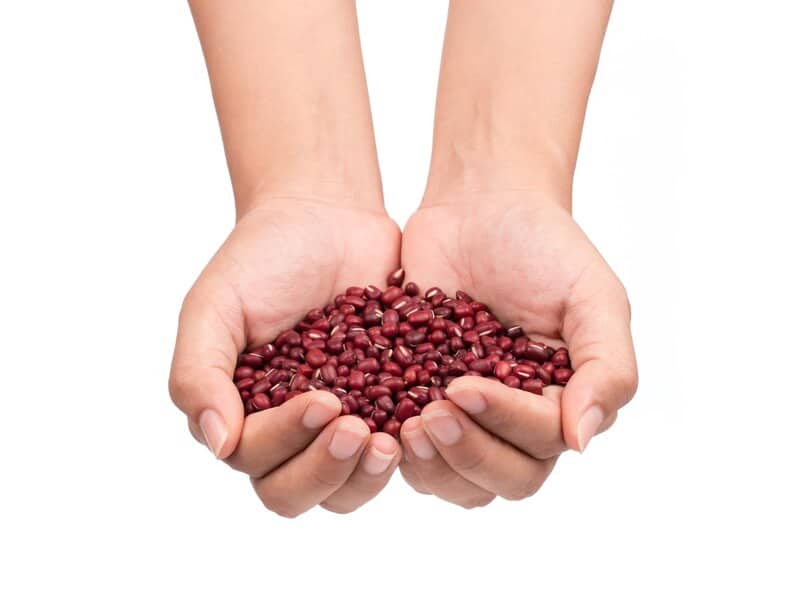
During the remobilization stage, however, muscle protein synthesis was much higher in people who were given fava beans than in those who were given milk protein.
Another study came to the conclusion that the protein found in potatoes can help develop muscle just as well as milk that comes from animals. Because animal milk protein and potato protein have a lot of the same amino acids, the study thought that they might both have the same effect on muscle protein synthesis. Muscle protein synthesis is the way that amino acids are turned into skeletal muscle protein in the body.The study was published in the peer-reviewed scientific journal Medicine & Science in Sports & Exercise.
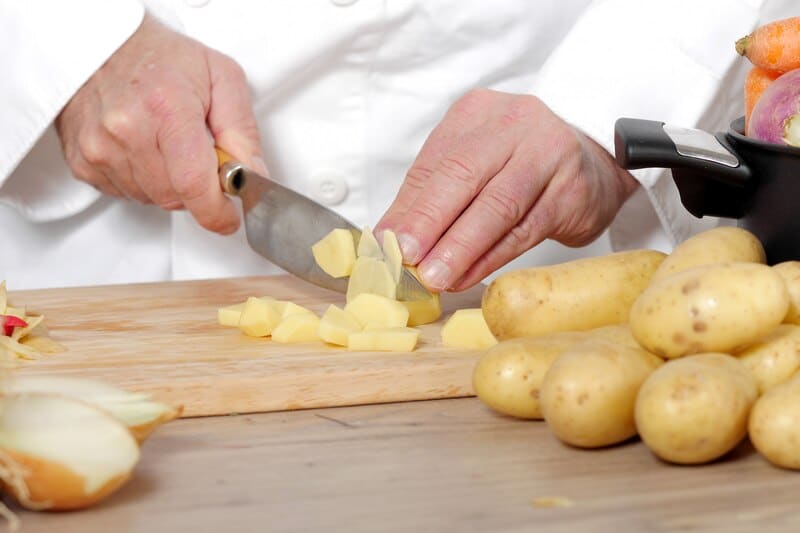
After testing 24 healthy men between the ages of 18 and 35, the researchers found that the two different sources of protein had the same effect on how muscle protein was made. The study was designed to be conducted in a double-blind fashion.
The results of the study say that healthy young men who eat 30 grams of potato protein concentrate have higher rates of muscle protein synthesis both at rest and after exercise. “The rates of muscle protein synthesis seen after eating 30 grams of potato protein are not very different from the rates seen after eating the same amount of milk protein.”

